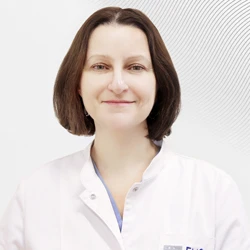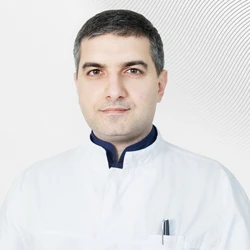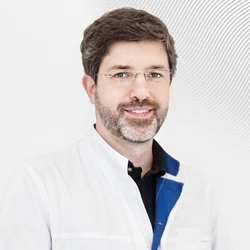Back pain is one of the most common reasons that force a person to see a doctor. According to statistics, 90% of people face this problem during their lifetime.
Back pain can be caused by various pathologies, ranging from injuries and infections to malignant tumors, but most often, after all the necessary diagnostics, the patient is diagnosed with degenerative (age-related damage) changes in the spine, and the most common pathology remains herniated intervertebral disc.
An MRI (magnetic resonance imaging) scan helps to provide an accurate picture of the condition of the intervertebral discs.
Herniated disc treatment
Treatment of a herniated disc can be carried out using two methods: conservative and surgical. As a rule, the EMC doctor first offers the patient conservative treatment methods, including correction of motor activity, training in proper motor mode (compliance with the principles of alternative locomotion), individually selected drug therapy, physical therapy, therapeutic blockades.
However, exceptions are cases when disorders in the spine cause such dangerous symptoms as:
- bladder and bowel dysfunction,
- numbness or stabbing sensations in the groin and inner thighs,
- severe muscle weakness,
- significant loss of sensitivity,
- unbearable pain that cannot be relieved even by narcotic drugs,
- sexual dysfunction.
In the presence of these problems, the patient is offered immediate surgical treatment..
The EMC Neurosurgery Clinic performs all types of spinal surgery, but prefers modern minimally invasive technologies, such as microdiscectomy and endoscopic discectomy (removal of part of the disc through a small incision in the skin), which preserve the patient's own disc without changing the biomechanics of the spine, which improves long–term results and prevents disease recurrence.
Surgical interventions at EMC are performed by neurosurgeon professors with extensive work experience and foreign practice.
The book "Herniated lumbar intervertebral disc" edited by prof. A. L. Krivoshapkin.
Download
 Подробнее
Подробнее
 Сертификаты и лицензии
Сертификаты и лицензии

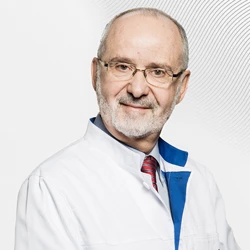
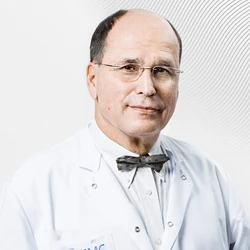
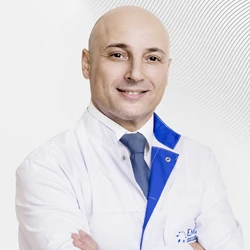

.webp)
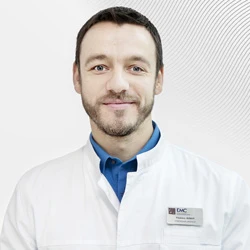
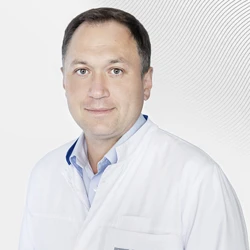
.webp)

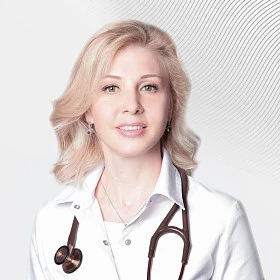
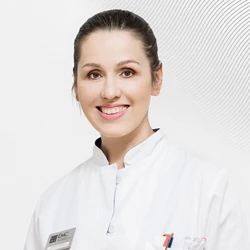
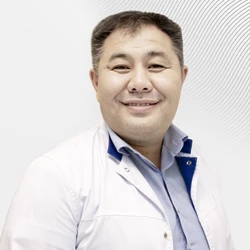
.webp)

.webp)

